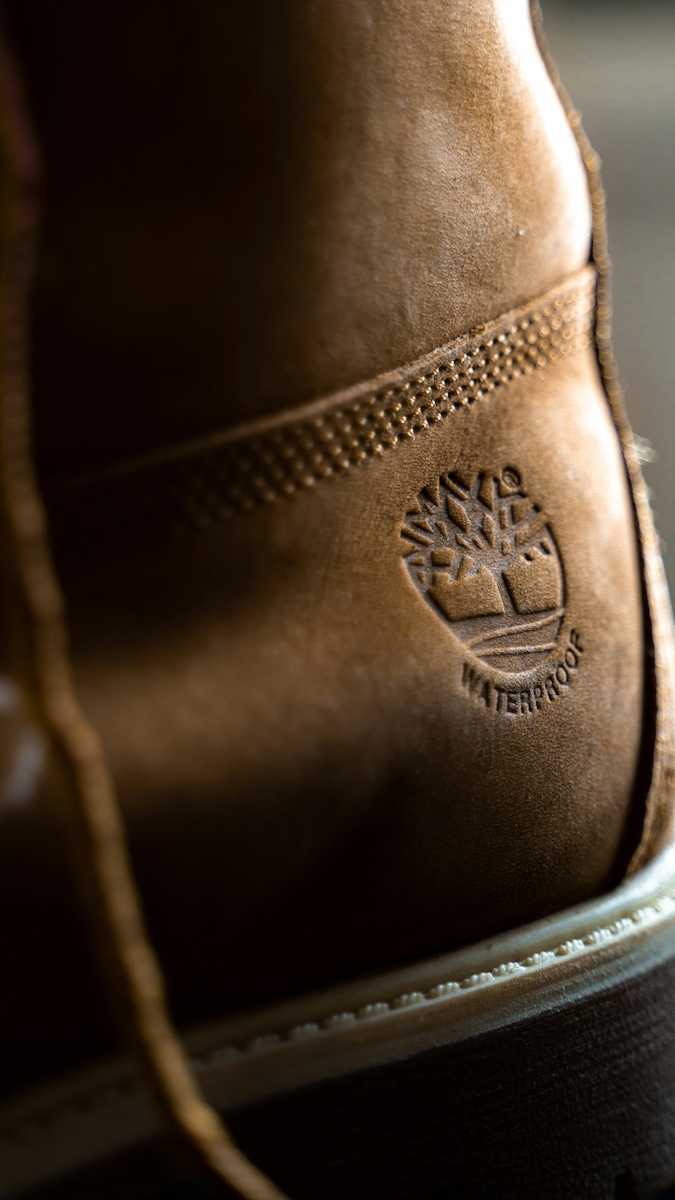Business relationship choices are like buying shoes
Business decisions always involve risk. But there are ways to minimise risk. For instance, I treat my business relationship choices like buying shoes.
Okay…that’s weird, right?
Maybe, but hear me out. I love good shoes and spend serious time researching important purchases. And good shoes are important! Especially when you’re hard on them, like me.


Enjoying great value and experiences with Timberland has ensured my loyalty to the brand.
When I drop a chunk of change on a pair of Timberlands, I know what I’m buying — superior craftsmanship, quality, and excellent value (even at $495 a pair back in New Zealand — yeah, everything’s expensive back home).
Even though I’m pretty hard on shoes I had one pair of Timberlands that lasted 20 years. And I had them resoled once!
For me, there is no better quality. And that amount of wear definitely translates into great value. These experiences with Timberland has ensured my loyalty to the brand.
The above video is owned by Timberland.
Which is why I avoid false economies
When I was younger and playing a lot more tennis than now, I bought into a false economy.
I purchased cheaper, mass-produced tennis shoes like Reebok and Nike. But I ended up replacing them up to three times faster than if I had forked out for a decent, tennis-specific pair.
Once I changed my mindset, and brands, my game improved.
My $700 Prince CTS Thunderstick (cool name huh) tennis racquet didn’t hurt either.
Sure, people blame their shortcomings on their tools. But the right tools definitely make a difference, especially if you already possess the talent. (Technically, I just called myself a tool. And I’m okay with that.)
The moral of this story
When it’s important that you get something done right, don’t be a cheapskate. You’ll only hurt (and embarrass) yourself. And you’ll end up paying more. Way more. I know, I’ve done it! It truly sucks.
If you’re in business, you know who else doesn’t like that scenario? Your shareholders.
Bringing this back to me (of course) and what I offer… you can either hire an experienced guide, who never stops until you succeed.
Or you can hire someone who has worked with a few well-known brands but has limited business and life experiences. <– This makes a huge difference.
Now of course I’m going to say this; I’ve been doing this for a while. And I have a vested interest.
So how do you know what you’re buying is good value? With a brand strategist or copywriter, look at their work, then their testimonials. How long have they been in business? Then talk to them and see if it feels right.
Everything comes down to value
So what value do you place on the work you need done? How important is it to you? Really. Is that budget in your head doing this justice? Can you afford to get it wrong?
If you want a well-considered, right-first-time solution, get in touch.

Written by Will Roffé

Related Articles
A specialist web and content writer can change your world
Website copywriting is a specialised form of online writing that helps website visitors understand the products, services, and information offered by a business. While most website owners know that their site needs to be informative and accurate, they may not have the...
